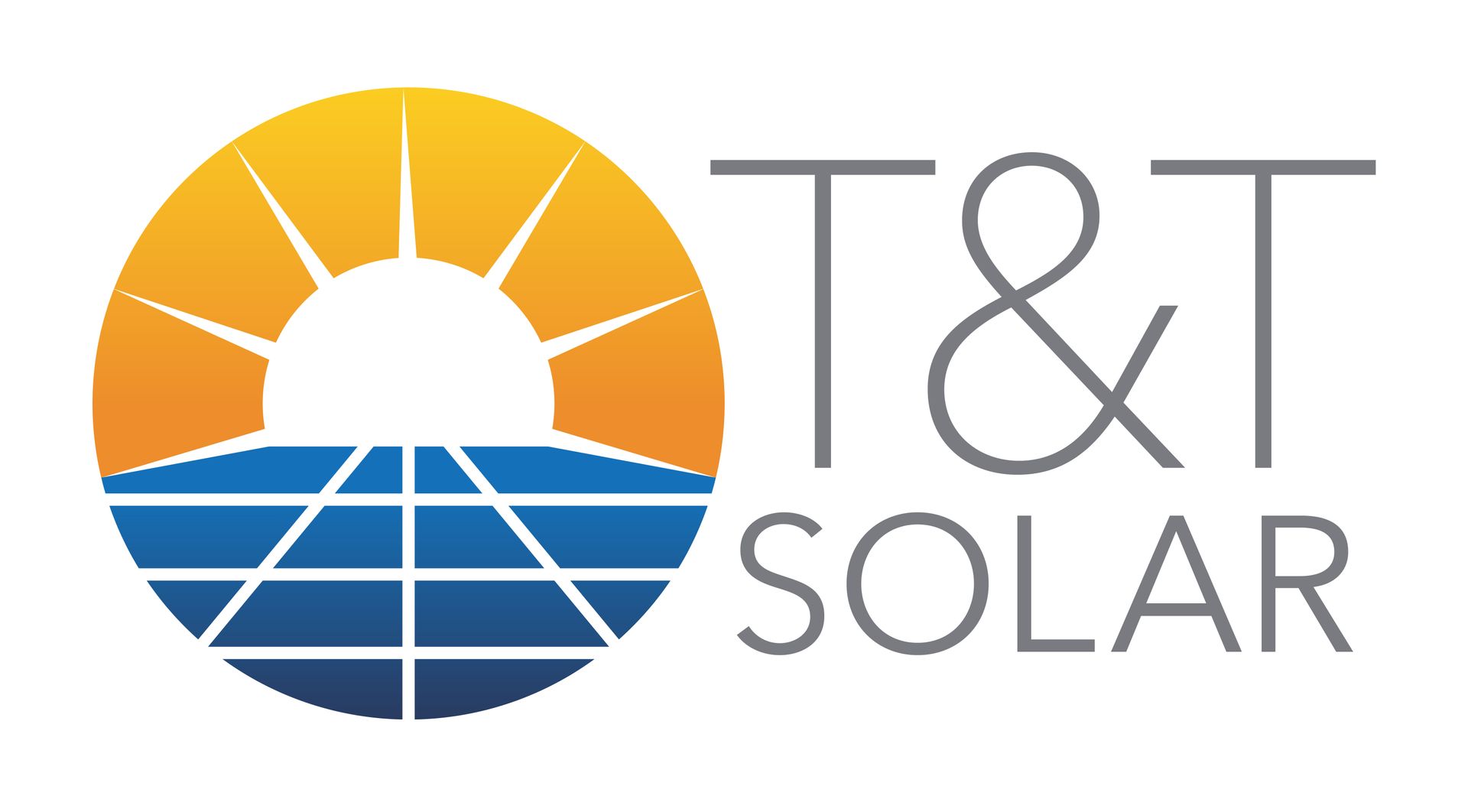What is Net Metering?
Net Metering In North Carolina and South Carolina
Net metering is a billing arrangement that allows customers who install solar panels to generate their electricity and earn credits from excess generation on their utility bills.
Here's how net metering works:
- Bi-Directional Meter: A bi-directional meter is installed to measure the flow of electricity in two directions: from the grid to the customer's property (during times of low generation) and from the customer's property back to the grid (during times of excess generation). This meter allows for accurate measurement and tracking of energy flow.
- Power Consumption and Excess Generation: As customers consume electricity from the grid, their solar system simultaneously generates electricity. If the solar system generates more electricity than the customer is currently using, the excess energy flows back to the utility grid.
- Billing and Credit: The utility company tracks the net difference between the electricity consumed from the grid and the excess electricity generated and sent back to the grid. If the customer generates more electricity than they consume in a billing period, they receive credits on their utility bill for the excess energy. These credits can be carried forward to future billing periods.
- Financial Benefits: The credits earned through net metering can offset or reduce the customer's future electricity bills. In some cases, if there is a surplus of credits at the end of a specified period, the utility may provide a payment to the customer for the excess electricity generated.
By offsetting their energy consumption with clean, on-site generation, customers can reduce their dependence on the grid, lower their electricity bills, and contribute to a more sustainable energy future.
It's important to note that the specifics of net metering policies can vary by region and utility company. Each jurisdiction may have its own rules and regulations regarding the eligibility criteria, system size limits, credit valuation, and other aspects of net metering. Customers should consult their utility company or regulatory body to understand the net metering policy that applies to their specific location.
Net Metering In the Carolinas
North Carolina and Duke Energy Net Metering
North Carolina has been a leader in solar energy, and Duke Energy has played a significant role in promoting the adoption of renewable energy systems through net metering. However, there have been recent updates to the state's net metering policy that Duke Energy customers should be aware of:
- Capacity Limit: In 2020, North Carolina increased the net metering capacity limit from 1 MW to 5 MW for non-residential customers. This change enables larger commercial and industrial entities to install larger-scale renewable energy systems and benefit from net metering.
- Transition to Avoided Cost Tariffs: Starting in 2022, Duke Energy has been transitioning from the retail rate to avoided cost tariffs for new net metering customers. Avoided cost tariffs refer to the wholesale rate at which utilities can purchase electricity from other generators. The transition to avoided cost tariffs may affect the financial benefits of net metering, as the credits earned for excess energy will be valued at the avoided cost rate instead of the retail rate.
South Carolina and Duke Energy Net Metering
South Carolina has also witnessed changes to its net metering policy, with Duke Energy customers facing different requirements and considerations:
- Distributed Energy Resource (DER) Program: In South Carolina, commercial customers who wish to participate in net metering must enroll in Duke Energy's DER program. The DER program provides customers with access to net metering benefits, allowing them to offset their electricity consumption with renewable energy generation.
- Program Capacity: The net metering program in South Carolina has a capacity limit of 2% of each utility's peak demand. Once this limit is reached, new net metering applications may be subject to additional requirements or potentially limited in participation. It is important for customers to monitor the program capacity and be aware of any updates or changes.
QUICK LINKS
BUSINESS HOURS
Mon-Fri: 8:00 AM - 5:00 PM
Sat-Sun: CLOSED
Available 24/7
Payment Options:







We Also Accept: ACH

